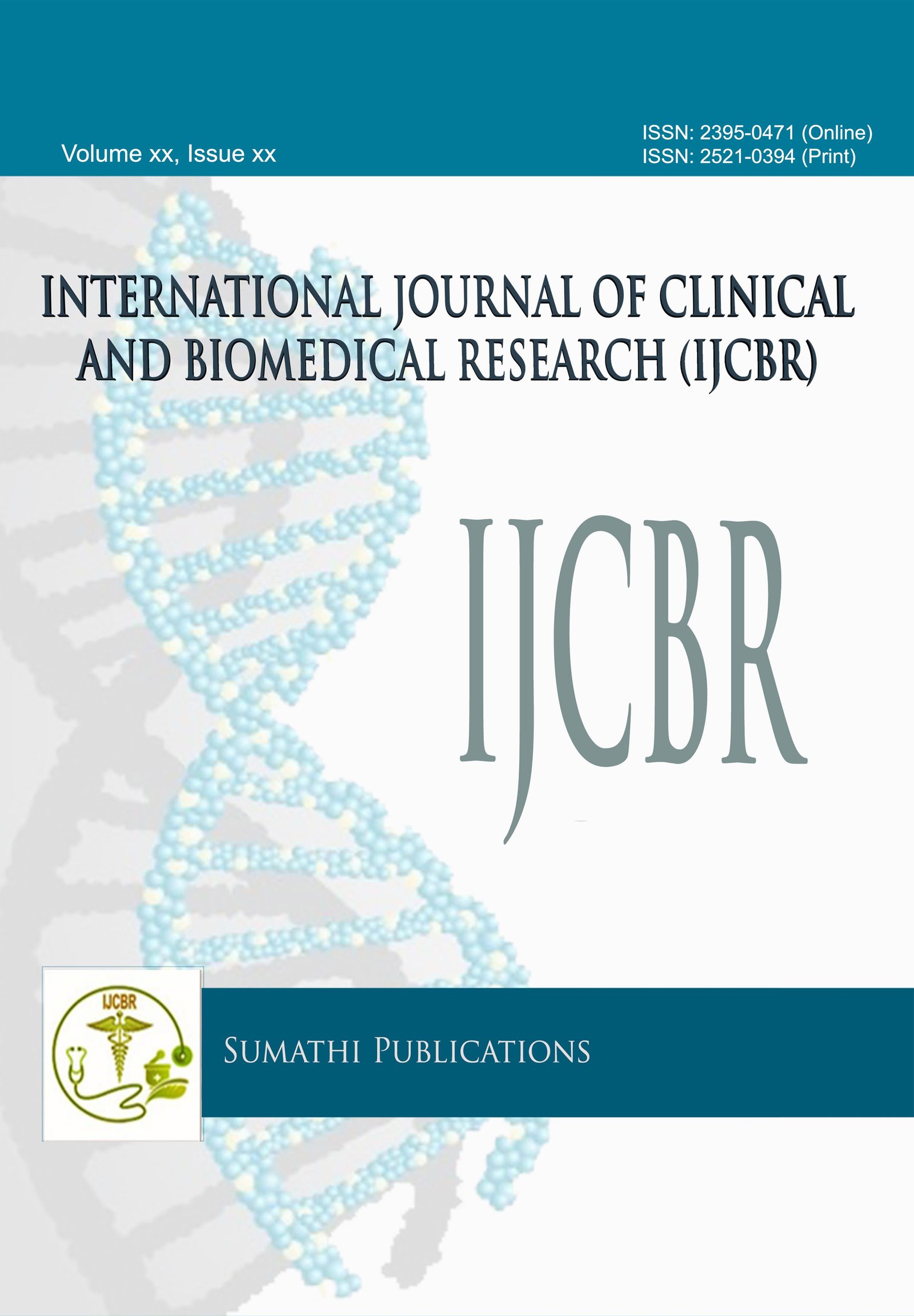RELATIONSHIP BETWEEN ORGANIZATIONAL INTELLIGENCE AND HOSPITALS AGILITY OF SHIRAZ UNIVERSITY OF MEDICAL SCIENCES
Abstract
Introduction: Regarding the changing environment of hospitals and necessity of providing services in the shortest possible time and with acceptable quality and cost for patients, attention to innovative and smart approaches and using maximum mental abilities of the organization for increasing hospitals agility seems necessary. In fact, this study aims to answer this question that is there a significant relation between organizational intelligence (and its components according to Albrecht model) and hospitals agility?Method: The present study is applied in respect of aim and descriptive in regard of nature and method and for this purpose, a 368 persons sample was selected by stratifies sampling method among all 8247 personnel working in 15 active hospitals. For data collection in the field of organizational intelligence Albrecht organizational intelligence standard questionnaire and for organization agility, agility standard questionnaire which has been designed based on Goldman agility model were used. Results: Findings showed that there is a positive and significant relation between organizational intelligence and its seven components (strategic perspective, shared fate, desire to change, spirit, knowledge application, union and agreement and performance pressure) with hospitals agility and except intervening variable of educations other intervening variables like age, gender, marital status and working background have no impact on organizational intelligence and hospitals agility. Conclusion: Regarding the results of this study, choosing some solutions for codifying dynamic strategic programs in hospitals and holding training courses of organizational intelligence for informing personnel and managers could lead to increasing of hospitals agility level and providing effective service for patients.
Downloads
Downloads
Published
Issue
Section
License
The journal allows the author(s) to hold the copyright without restrictions and will retain publishing rights without restrictions.
The submitted papers are assumed to contain no proprietary material unprotected by patent or patent application; responsibility for technical content and for protection of proprietary material rests solely with the author(s) and their organizations and is not the responsibility of the journal. The main (first/corresponding) author is responsible for ensuring that the article has been seen and approved by all the other authors. It is the responsibility of the author to obtain all necessary copyright release permissions for the use of any copyrighted materials in the manuscript prior to the submission.
What are my rights as an author?
It is important to check the policy for the journal to which you are submitting or publishing to establish your rights as
Author. Journal's standard policies allow the following re-use rights:
- The journal allows the author(s) to hold the copyright without restrictions.
- The journal allows the author(s) to obtain publishing rights without restrictions.
- You may do whatever you wish with the version of the article you submitted to the journal.
- Once the article has been accepted for publication, you may post the accepted version of the article on your own personal website, your department's website or the repository of your institution without any restrictions.
- You may not post the accepted version of the article in any repository other than those listed above (i.e. you may not deposit in the repository of another institution or a subject-matter repository) until 12 months after publication of the article in the journal.
- You may use the published article for your own teaching needs or to supply on an individual basis to research colleagues, provided that such supply is not for commercial purposes.





